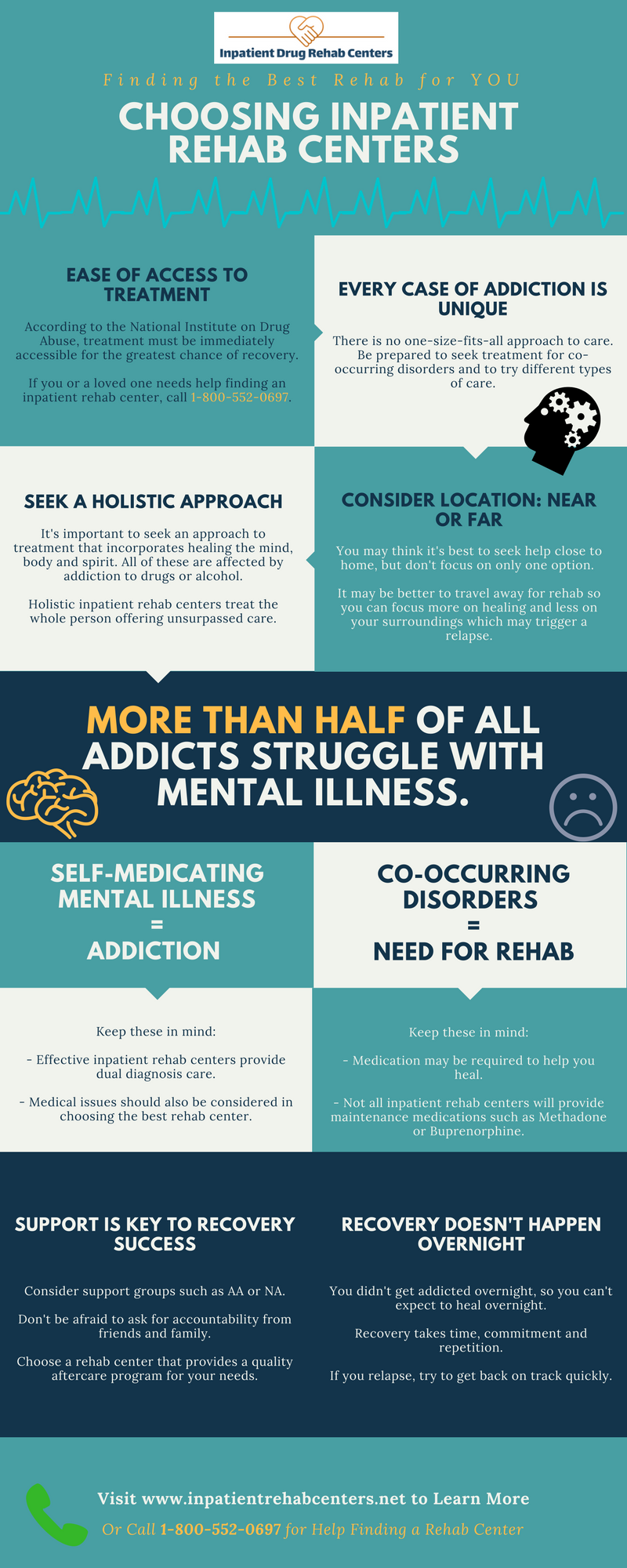Discover How To Build A Strong Aftercare Strategy After Drug Rehab And Attain Long-Term Success
Discover How To Build A Strong Aftercare Strategy After Drug Rehab And Attain Long-Term Success
Blog Article
Web Content By-Choate Mcclain
You have actually finished drug rehabilitation, and currently it's time to produce an effective aftercare strategy to ensure your lasting healing.
Image this: you're a person identified to remain clean and build a satisfying life. This post will certainly direct you via recognizing recurring support group, incorporating therapy and counseling, and creating healthy and balanced coping devices.
With these techniques, you'll be equipped to prosper in your journey of soberness.
Let's get started.
Identifying Ongoing Assistance Solutions
You should recognize at the very least three recurring support group to guarantee a successful recuperation after drug rehabilitation.
The first support group is your family and friends. They can supply emotional support, inspiration, and aid you stay liable. They can likewise provide a safe and understanding environment where you can share your battles and victories.
The second support system is your therapist or therapist. They can assist you overcome any type of underlying issues that may have added to your dependency and supply guidance on just how to prevent relapse. They can also instruct you coping devices and healthy methods to deal with stress and anxiety.
The third support group is a support system or a sober community. Being surrounded by others that are going through similar experiences can be exceptionally valuable. They can offer a sense of belonging, recognizing, and deal useful advice and assistance.
Incorporating Therapy and Counseling
To attain an effective recuperation, it is very important for you to proactively take part in treatment and counseling sessions, as well as incorporate them into your recurring support systems. By doing so, you can optimize the advantages of these therapy methods and increase your opportunities of preserving long-term sobriety.
Right here are some essential reasons why including therapy and therapy right into your aftercare plan is important:
- ** Emotional Support: ** Therapy and therapy give a safe area for you to share your thoughts, feelings, and has a hard time related to your addiction. It enables you to resolve any kind of unsolved concerns and establish healthy coping systems.
- ** https://www.wbur.org/news/2022/03/27/eric-spofford-granite-recovery-centers-sex-abuse-allegations : ** These sessions outfit you with the needed devices and strategies to prevent relapse. They help you recognize triggers, create coping skills, and develop a strong structure for handling yearnings and tension.
- ** Individual Development: ** Treatment and therapy assist in personal growth and self-discovery. They assist you acquire understanding right into the underlying sources of your addiction, enhance self-worth, and establish healthier partnerships.
Developing Healthy And Balanced Coping Mechanisms
During therapy and therapy sessions, it's important to actively deal with developing healthy and balanced coping devices in order to efficiently handle anxiety and obstacles.
https://anotepad.com/notes/hesn8ssg require to determine and understand your triggers, those things that cause you distress or anxiety. By identifying these triggers, you can create methods to manage them in a healthy and balanced method. This could involve exercising deep breathing exercises, participating in exercise, or discovering a creative outlet to express your emotions.
It is essential to also border on your own with a strong support group of friends and family who can give motivation and advice.
Additionally, self-care tasks such as getting enough rest, consuming well, and exercising leisure techniques can substantially contribute to your overall wellness.
White Sands outpatient drug rehab Suboxone Treatment 33957
In the journey in the direction of healing, creating a successful aftercare plan resembles often tending to a fragile garden. Equally as a gardener supports each plant with care and interest, so as well should one cultivate recurring support group, include treatment and therapy, and create healthy and balanced coping systems.
By doing so, the seeds of healing will bloom into a growing garden, supplying a solid foundation for a brighter, drug-free future.
